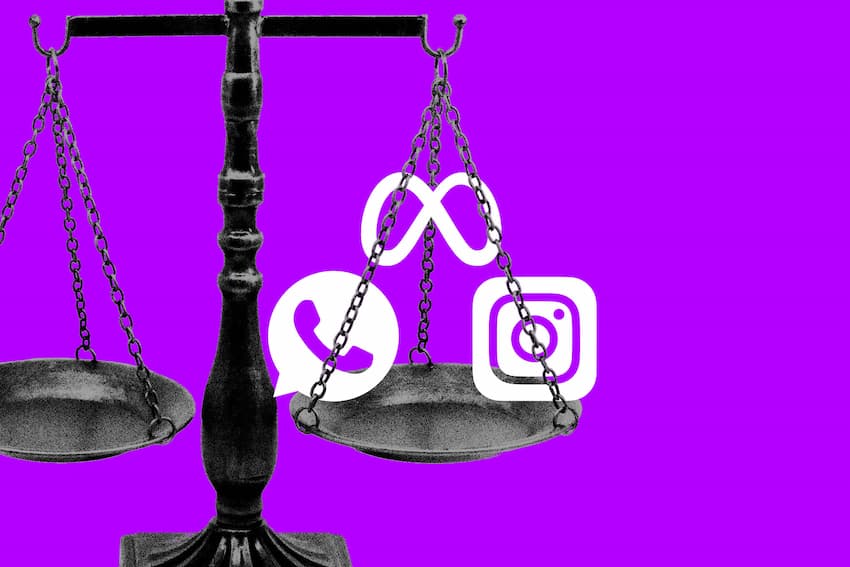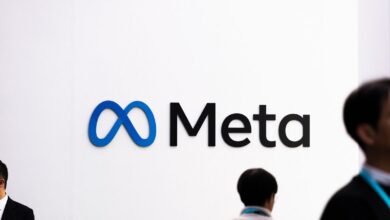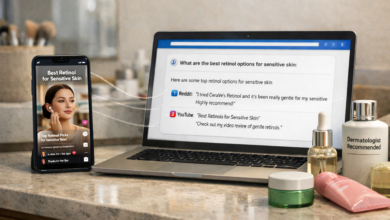Years in the Making: Meta Heads to Court Over Instagram and WhatsApp Deals

▼ Summary
– Meta Platforms Inc. is facing a landmark antitrust trial against the U.S. Federal Trade Commission (FTC) starting April 14th, focusing on its acquisitions of Instagram and WhatsApp.
– The FTC argues that Meta’s acquisitions stifled innovation and reduced consumer choice, alleging that Meta maintained its dominance by acquiring potential competitors.
– A key contention is the definition of the “personal social networking” market, with Meta arguing it faces competition from platforms like TikTok, Twitter, and Snapchat.
– The trial’s initial phase will determine if Meta violated antitrust laws, with potential remedies including the divestiture of Instagram and WhatsApp.
– The trial’s outcome could significantly impact the social media landscape and set precedents for antitrust regulation in the digital economy.
A legal battle with potentially enormous consequences for the social media world begins this week in Washington D.C. Meta Platforms Inc., the parent company of Facebook, Instagram, and WhatsApp, is facing off against the U.S. Federal Trade Commission (FTC) in a landmark antitrust trial starting April 14th.
The core issue? Whether Meta illegally cemented a monopoly in what regulators call the “personal social networking services” market through its acquisitions of Instagram in 2012 and WhatsApp in 2014. Presiding over the roughly two-month bench trial is DC District Court Judge James Boasberg.
The FTC’s Argument
This case stretches back to late 2020 when the FTC first filed suit. While Judge Boasberg initially dismissed the complaint, citing insufficient evidence that Meta held monopoly power, he allowed an amended version to proceed in 2021. The revised complaint, according to the judge, provided more robust detail and plausible allegations about Meta’s market dominance and anticompetitive conduct.
The agency’s central claim is that Meta pursued a strategy to maintain its dominance by acquiring potential competitors – specifically Instagram and WhatsApp – rather than competing with them head-on. The FTC argues these acquisitions stifled innovation and reduced consumer choice in the social networking sphere. They aim to demonstrate that Meta’s actions harmed competition, leading potentially to fewer privacy protections and a less dynamic market.
Defining the Battlefield
A key point of contention will likely be the definition of the market itself. Meta is expected to argue that the “personal social networking” market defined by the FTC is too narrow and that it faces vigorous competition from numerous platforms, including TikTok, Twitter (now X), Snapchat, and others. They will likely portray the acquisitions of Instagram and WhatsApp not as anti-competitive moves, but as risky bets on fledgling companies that only became successful due to significant investment and integration by Meta post-acquisition.
Meta may also point out that the FTC itself reviewed and approved these acquisitions years ago, suggesting the agency is unfairly trying to reverse course based on the subsequent success of these apps.
What’s at Stake?
This trial follows closely on the heels of two major antitrust cases brought by the Department of Justice against Google, focusing on its search and advertising technology businesses. It represents another significant effort by U.S. regulators to curb the power of major technology companies.
Judge Boasberg will first determine whether Meta is liable for violating antitrust laws. This initial phase focuses solely on the question of illegal monopolization. If he finds Meta is liable, a second phase of the trial would commence later to determine the appropriate remedy. The potential remedies are significant and could, in theory, include the dramatic step of forcing Meta to divest Instagram and WhatsApp – effectively breaking up the company.
The proceedings over the next couple of months will be closely watched. The outcome could reshape the social media landscape and set important precedents for how antitrust law applies to the modern digital economy. The arguments presented and Judge Boasberg’s eventual rulings will offer critical insights into the future of Big Tech regulation.
(Inspired by: The Verge)







